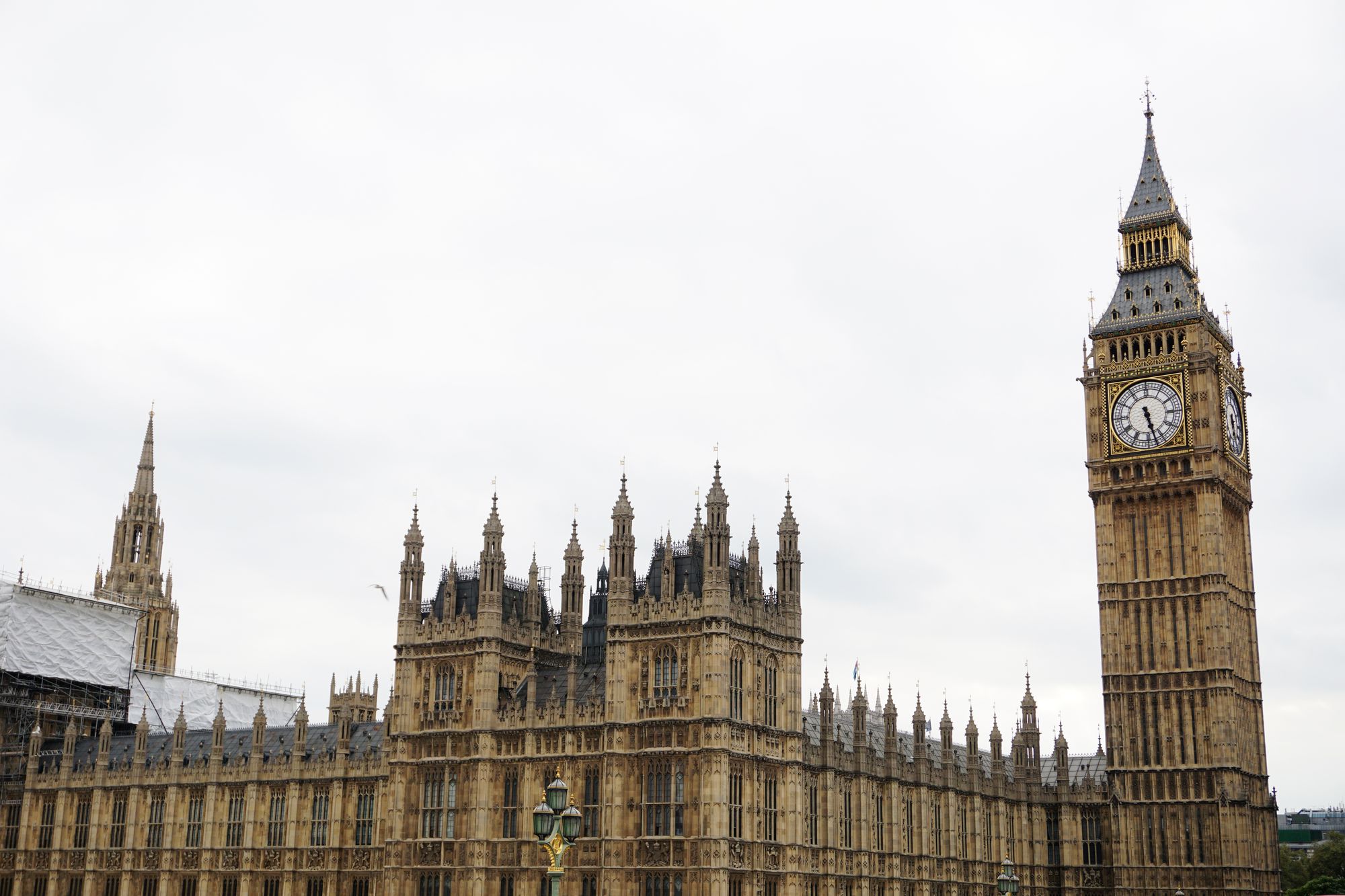The Queen has approved the Prime Minister’s plan to suspend parliament
If you’ve been keeping your eye on the news, you will have no doubt seen the latest updates on Brexit. Prime Minister Boris Johnson advised the Queen to suspend parliament (known as prorogation) and she has said yes.
According to BBC royal correspondent Jonny Dymond, the Queen’s role is to take the advice of her ministers. So essentially, if she is asked to prorogue Parliament, she will.
If this prorogation happens as expected, it will see Parliament closed for 23 working days. This will cut the time MPs have to pass laws to stop a no-deal Brexit on 31 October.
Can I just point out that the Queen doesn’t have any meaningful political power anymore - her ‘permissions’ are an antiquated symbolic ceremony - all the people having a pop at her on here are proving extent to which women are *always* blamed for everything.
— Natasha Devon MBE (@_NatashaDevon) August 29, 2019
Many have suggested that this is a way for the Prime Minister to ‘force’ through a no-deal Brexit. Mr Johnson has commented to say these suggestions were “completely untrue” and that he didn’t want to wait until after Brexit "before getting on with our plans to take this country forward". He also said MPs would have “ample time” to debate the UK’s departure.
"We need new legislation. We've got to be bringing forward new and important bills and that's why we are going to have a Queen's Speech," He said.

Many MPs have voiced their concerns, with Labour leader Jeremy Corbyn saying, "Suspending Parliament is not acceptable, it is not on. What the prime minister is doing is a smash and grab on our democracy to force through a no deal."
Other MPs have defended the decision. Peter Bone, a conservative Brexiteer, said he would not have supported Mr Johnson if he had proposed a suspension until after the Brexit deadline, but this suspension was "absolutely standard procedure".
Following the announcement a protest took place in Westminster and a petition was launched, which now has over a million signatures.
On social media, the reaction was one of fear and sadness.
Stephen Fry took to Twitter to say, “Weep for Britain. A sick, cynical brutal and horribly dangerous coup d’état. Children playing with matches, but spitefully not accidentally: gleefully torching an ancient democracy and any tattered shreds of reputation or standing our poor country had left.”
Weep for Britain. A sick, cynical brutal and horribly dangerous coup d’état. Children playing with matches, but spitefully not accidentally: gleefully torching an ancient democracy and any tattered shreds of reputation or standing our poor country had left.
— Stephen Fry (@stephenfry) August 28, 2019
While Juno Dawson tweeted, “Is anyone else like really, really freaking out about Brexit now? I feel a bit sick and feel very powerless and anxious.”
Is anyone else like really, really freaking out about Brexit now? I feel a bit sick and feel very powerless and anxious.
— Juno Dawson (@junodawson) August 28, 2019
Matt Haig commented on the way democracy was affected with this decision, “Weird that the people who have been banging on about democracy for three years are totes fine about parliamentary democracy being cancelled.”
Weird that the people who have been banging on about democracy for three years are totes fine about parliamentary democracy being cancelled.
— Matt Haig (@matthaig1) August 28, 2019
A survey run by the Mental Health Foundation back in March revealed that more than one in 10 people have had problems sleeping in the last year due to Brexit, and almost two in 10 said it had caused them ‘high levels of stress’.
Reaching out online, it appears that the latest development has likely intensified feelings of anxiety. Asking how people are feeling and what helps them manage Brexit anxiety, we received the following responses:
Rachel: “Tbh I think I need a social media break, and a break from all news sites. It's knowing that there isn't much you can do to change it, but the constant echo chamber just makes it seem like you should be doing something. It's in the hands of the opposition now.”
Jas: “Consciously avoiding how much news I consume. Trying to read more publications like @PositiveNewsUK instead :)”
Rebecca: “Since the beginning it’s been agreed with friends and family that we ‘do not mention the b word’ at social gatherings. I also refrain from debating points with work colleagues - it just raises the stress levels. In a years time I think my life will change so I have to be positive.”
Sophie: “I cried when I saw the news earlier. It helped to chat to my European friends about it, and to make plans to see them (funds allowing!).”
Franky: “Yes! Very anxious. Limiting my news consumption and making plans to prep a little like I did for the last deadline. Main concern is my son’s asthma meds. But will also be stockpiling some food.”
Setting boundaries when it comes to news consumption is a thread we’ve seen throughout, and a worthwhile tactic if you’re struggling with anxiety. Taking a social media break, or being very mindful of what you’re consuming, when political developments are taking place can also help.
In an article for Happiful, Dr Antonis Kousoulis has shared some helpful tips for coping with Brexit anxiety, including staying informed (but knowing your limits), getting involved with your community and using your voice.
If you're struggling with stress and anxiety, speaking to a counsellor may help. Use Counselling Directory to find a counsellor near you.

Comments